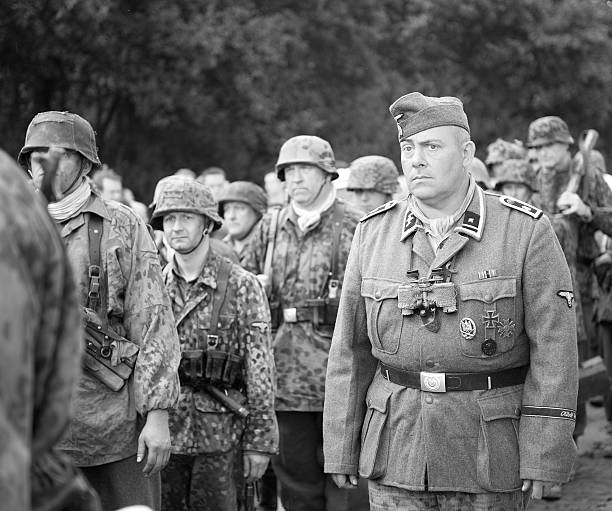The Sunflower

The Sunflower is a famous book by the legendary Nazi hunter, Simon Weisenthal. It was published in 1968 and was just one of the books that Weisenthal wrote. The book revolves around his experiences as a young man in the Nazi death camps.
The title of the book comes from the fact that that when a German soldier died, a sunflower was planted on their grave. He lamented in the book how when he would die, there would be no flower planted on his grave and that he would probably be thrown into a mass grave, along with other slaughtered Jews, without anyone knowing he was there. Mr. Wiesenthal died in 2003 and I am sure that his grave is well-marked and that all human beings will remember him and his contributions of first-hand knowledge of those dark days, forever.

The book revolves around one experience that Mr. Weisenthal had which has been debated and pondered by many theologians and other people in the religion business, as well as philosophers, and others. It is one that any person can and should ask themselves, “What would I do?”. In this experience, Mr. Weisenthal was led into a hospital room where a German soldier was dying. The soldier proceeds to tell Weisenthal, the young boy, his life story and why he had become a Nazi. He then related a story of how his platoon or squad had surrounded a building where there many Jewish people inside. They barricaded the doors and would not let anyone out and then set fire to the building. When someone would try to jump out a window or get out some other way, they were shot and killed. This experience and his impending death led the German soldier to ask Wiesenthal (at that point, a representative of all Jewish people) for forgiveness for the war, the Holocaust, for everything. Wiesenthal did not know what to say and did not say anything to the dying soldier and just left. I am not surprised that Mr. Wiesenthal did not offer the man absolution or even say anything. As I stated, he was not a mature person and Mr. Wiesenthal’s day-to-day struggle for literal survival was something that I am sure was crowding out any ability to contemplate the soldier’s request. He just left, saying nothing. A few days later, the German soldier died. He later went on to meet the soldier’s mother.
After Wiesenthal’s sharing of this experience, the book goes on to ask other theologians, philosophers, professors, and others what THEY would have done in that situation. He asks them if they would have offered forgiveness to that German soldier or how they would have handled it. Now, I am sure it is a much easier situation to contemplate, not being in the room with the dying man. There was an initial list of 10 people who were asked their response by Wiesenthal and then there was a second list, totaling 53 responses added. The respondents were people like Albert Speer, Desmond Tutu, and the Dali Lama.
Looking at the statistics of who would have forgiven the soldier and who would have not is interesting. There were 9 people who said that they were not certain either way. Thirty-four of the respondents said that they would not forgive the soldier. Ten said that they would forgive. Of those who forgave, they were Buddhists, others of Asian origin, and Christians. However, there were a few Christians who were not certain and one who said not to forgive, Matthew Fox, President of University of Creation Spirituality. A good summary of these responses comes from The Sunflower‘s wikipedia page.
Now, I do not know what I would have done in that situation. I hope I would have had the mindset to forgive. However, if I had been of the same maturity as Mr. Wiesenthal had been, I probably would have done the same thing and not know what to say. However, my Lord does call me to forgive even the worst of sinners against me. There are plenty of examples from history of people from my faith tradition forgiving under the worst of circumstances: Pope John Paul forgiving the man who tried to kill him (The Power of Forgiveness: How Lives Are Changed and Transformed| National Catholic Register (ncregister.com) and the Amish people (‘The happening’: 10 years after the Amish shooting | Pennsylvania | The Guardian) and Muslim people killing people of different faiths on almost a daily basis and yet Christians and others continuing to reach out to them to feed and clothe them. That is where I hope I would get my answer from if I had been in the same situation as Wiesenthal.
What would you have said?
Luke 23:34 Jesus said, “Father, forgive them, for they do not know what they are doing.” And they divided up his clothes by casting lots.
———————————————————W.







No Comment